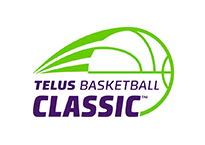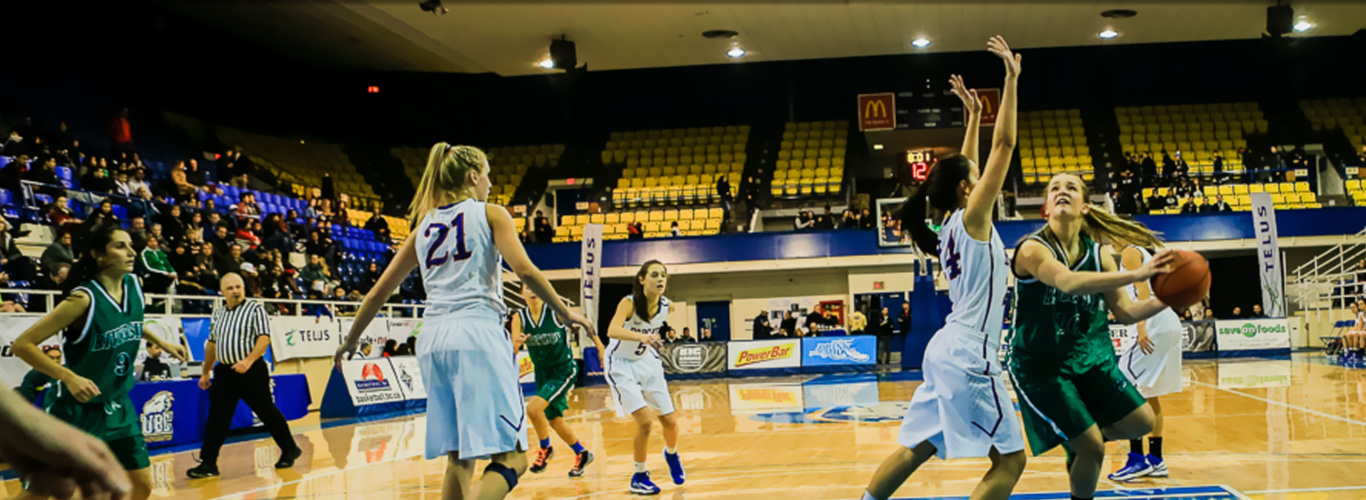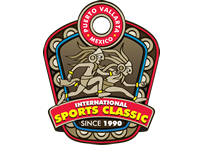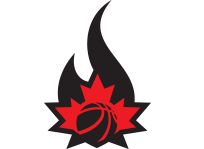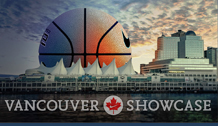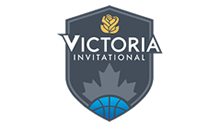NPH Trailblazers: Howard Kelsey, British Columbia Basketball Legend
Tuesday, October 30, 2012 – Submitted by Andrew Wadden
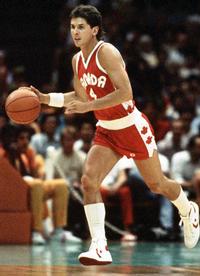
NPH Trailblazers is a segment being introduced to Canada that will illustrate the careers of influential figures of the past, who have paved the way for the present and future of Canadian basketball.
Howard Kelsey
VANCOUVER,BC–When you think of Canada Basketball, the name Howard Kelsey might not be the first to pop into your head. When it comes to basketball in British Columbia, Kelsey might be overshadowed by some guy named Steve Nash. The Los Angeles Lakers point guard might be the biggest name to come out of BC –and Canada for that matter–, but its people like Howard Kelsey that helped open the world’s eyes to basketball coming out of The Great White North.
One area Nash can never top Kelsey was during their High School careers. Howard still holds to this day the best points per game average in BC High School Basketball history at 34.5; an incredible feat when you consider how long that record has stood up.
Kelsey’s international resume also trumps Nash’s. Howard donned the Maple Leaf on his chest for over a decade (1977-88), appearing in over 400 games for his country, including winning gold at the 1983 World University Games, and representing Canada twice at the Olympic Games (1980, 1984).
Presently, Kelsey is still involved heavily with Canada Basketball as the executive vice-president, a role that he has filled now for close to two-years.
On September 20th, 2012, Howard was inducted into the BC Sports Hall of Fame. After receiving this prestigious honour, NPH caught up with him about various topics including his career as a player – internationally and professionally–, some of the legends he had a chance to play against/with and the current state of Canada Basketball.
NPH: Congratulations on getting inducted into the BC Sports Hall of Fame. Describe how much of an honour this is for you.
HK: It was a huge honour. I was joined by some of my (national team) teammates including Lars Hansen, Greg Wiltjer – the father of Kyle Wiltjer (Kentucky) -, Karl Tilleman plus Ken Shields and Wayne Parrish (President and CEO) from Canada Basketball came out from Toronto as well as many others from our basketball community. It was a tremendous honour and more importantly it’s the next step in making sure all of our deserving teams and honourees are honoured. We haven’t had anybody inducted from the basketball category since 2003 which was Bev Smith, so hopefully I will break some of that logjam and open the door for more people.
NPH: You played against some big time players both internationally and professionally. Who are a few of the top players you have faced over your illustrious career?
HK: I had the honour of playing against Isaiah Thomas when he was in high school playing on the USA national team; also Ralph Sampson was on that team. Patrick Ewing, Michael Jordan and Alvin Robertson were all on the 1984 US National Team in the Olympics. We beat Charles Barkley and Karl Malone at the 1983 University Games. Sidney Lowe, there are so many to list but obviously Ewing and Jordan would be on the top of that list.
NPH: How about some of the best guys you played with?
HK: There were many. Of course the players I mentioned earlier Hansen, Wiltjer and Tilleman. (Jay)Triano, (Gerald) Kazanowski, Leo Rautins, Eli Pasquale, Billy Wennington, Danny Meagher who went to Duke. Stu Granger who was one of the best point guards to ever play for Canada. He played at Villanova and went on to play in the NBA. Billy Robinson and Martin Riley, we had, you know, some of the most outstanding players in that era from the 1976 team which finished fourth place in Montreal, to the 1980 team that tied for first in the Americas, but boycotted the Moscow games. We finished fourth in the 1984 Olympic Games in Los Angeles, losing to Yugoslavia by six in the bronze medal game. We also lost to Spain – who went on to win the silver – , by just one in the group stage at those games. In the 1988 Olympic Games we finished in sixth place, so we had a very strong run of good Canadian basketball, especially on the men’s side. The women also finished fourth in Los Angeles, but we (the men’s team) were very strong under coach (Jack) Donohue.
NPH: You rattled off some of those legendary names who played for Canada. Do you feel that where we are now, in terms of player development and player exposure, that maybe back then there may have been a better chance for yourself or maybe some of the guys to have got a shot at playing in the NBA?
HK: Well especially from the bigs. It’s pretty safe to say that many of those bigs would have probably made it now, because of the sheer numbers. There weren’t nearly as many teams back then. For example, in Lars Hansen’s case, I saw him score 19 points against Kareem Abdul-Jabbar. He was on the Seattle Supersonics roster that won a NBA championship in 1979. There is way more teams now, and not to belittle guys that are making it now, but it was a lot more difficult back then.
NPH: You played professionally down in Mexico. Did you ever feel that you could play with those (NBA) guys and that you should be in the NBA?
HK: I was invited to a Sonics free-agent camp, but the chances of me making the roster were very slim back then, so I took the sure thing. I never wanted to sit on the bench. Playing back then wasn’t the same. Salary was around $65 000 per year, it was not the multi-millions now that one gets just being on an NBA roster. I was reasonably content with my decision. It would have been nice to have the title of making an NBA roster, but I liked to play, and never wanted to sit on the bench just to say I played in the NBA. I would have been a marginal player (in the NBA) at best. The financial difference wasn’t that huge, like it is now.
NPH: Now that you are a part of the National Program, do you talk to these players about maybe not just going for the money, but rather looking at other places to play where they might develop better than sitting at the end of an NBA bench?
HK: Yes, but most of the nurturing of the players falls on people like Rowan Barrett, Jay Triano and Steve Nash who are running the men’s national team. I’m in a senior management position which is a different part of the organization, where we’ll building the organization; they are building basically the technical delivery of the team itself. We can always give tips. I’m very close with Kyle (Wiltjer) obviously because of Greg. I know Phil Scrubb well because of his dad Lloyd. Rob Sacre played in our HSBC/Telus tournament since he was in grade nine, but personally they are going to do what their agent(s) tells them generally on the NBA level. I don’t want to be meddling with too much unless they come and ask for specific advice. I will always tell them go to where you will become the best player.
NPH: Even though going over to Europe might give them more playing time, in terms of someone like Sacre, playing with the Lakers and practicing with Dwight Howard everyday might improve his game more, even though he might not get a tonne of game action.
HK: Correct. People are different. Some people play great when they are in a backup role with better players playing ahead of them, whereas some flourish when they are a small fish in a big pond. If Steve Nash had played at maybe Duke or North Carolina in his first two years he may have been sitting on the bench and got discouraged, but instead he went to Santa Clara where he blossomed into the great player that he is today.





